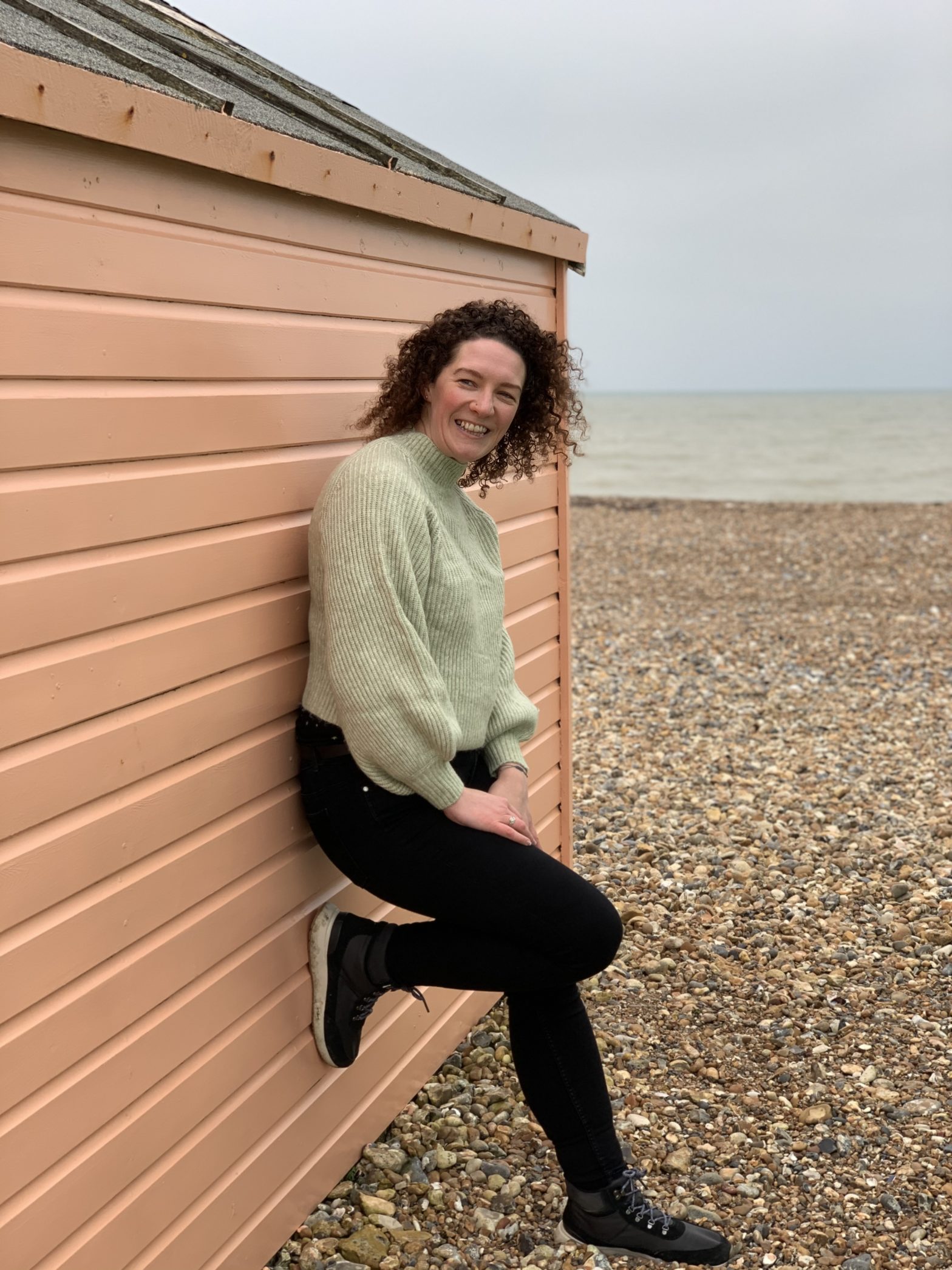I recently watched the Channel 4 documentary Sarah Beeny vs Cancer (what is it with Channel 4 and cancer content in the summer?! I can’t quite believe it, but it’s been almost a year since Super Surgeons aired). I shared some thoughts live via social media, but having discussed it with a couple of other people since, I thought it was worthy of a broader conversation. Let’s dive in…
Sarah Beeny vs Cancer – what is it?
British TV presenter, Sarah Beeny, announced in the summer of 2022 that she’d been diagnosed with breast cancer. Early on, she also openly shared that she’d been waiting for the day to come – Sarah’s been honest about the fact that her mother died of breast cancer when Sarah was young (unsurprisingly, her mum was also young at the point of diagnosis), and she has always felt that it would happen to her too. Nevertheless, she has lived life to the full. Until, as happens to many of us, she found a lump.
At the time, she was completing a TV series and, when filming finished and treatment began, she kept a very small crew on to document that process. As a result, the one-off documentary is intimate, honest, and engaging.
As well as covering her own journey through treatment and recovery, Sarah’s husband and sons are involved to give their perspective, and she is also able to use her position to hunt out her mother’s medical records and compare their experiences, with the help of some experts.
Viewer beware
As with many cancer documentaries, I’d advise against those in the throes of treatment, or who have recently completed treatment to proceed with caution. The intention of my post is to prepare you for what the documentary shows, and whilst there are some good parts, it is also a little reductive by design, and there are some potential triggers for those who are very close to this topic.
The good stuff
Right at the beginning of the documentary, when Sarah discusses how she got to the point of diagnosis, she said many things which made me nod, as I related to them. She experienced a lot of worry upon finding a lump, and described not being able to get it off her mind. Plus that things moved quickly, to the point where she found it overwhelming. I found this an accurate representation of my own cancer experience.
I also found it interesting to see the history of breast cancer treatment through the lens of Sarah’s mother’s medical records. It was clear to me in the early stages that what Sarah’s mother had gone through was able to influence the treatments of the future, including Sarah’s own, and that was quite poignant, but also shows how important research is.
A highly personal positive for me was something that Sarah expressed when recovering from surgery. She mentioned how hard she was finding it, and that she hadn’t been warned. I regularly tell people that surgery isn’t just about lying there and looking good. Post-surgical fatigue in particular is horrendous, and there’s a lot more to surgery than meets the eye. It was nice to hear someone else say this.
The bad parts
These are some big things, so buckle up. Though I will start with the one which is a key disclaimer.
This documentary covers one person’s cancer experience. Two, if you count her dead mother. And a further five when you include Sarah’s husband and their four sons, who all live together. So, of course, it was only ever meant to do this, rather than to generalise and investigate a broad range of experiences. It’s something that isn’t mentioned enough, and could do with being flagged more.
To lead directly on to that, I’m very willing to forgive my next Bad Thing, but it still bears mentioning. There is a point when Sarah’s husband marvels at cancer no longer being a death sentence. And I shouted at the TV. It may be true to say that primary breast cancer is no longer a death sentence for many people. But there are many cancers which still kill people. Breast cancer is heavily researched. Awareness is high. Treatments are varied and of good quality. The same is far from true of many other cancers, and this is worth remembering.
Finally, there is a lot of privilege in this documentary. Sarah worked throughout her treatment, for which I applaud her. She has a supportive family who were able to help her. She is intelligent and strong. Access to treatment for her was good. She was also presented with options, and able to make important choices – she went through genetic screening, and this informed the possibilities given to her, and has allowed her to willingly accept a double mastectomy, with the “healthy” breast being removed as a preventative treatment due to her risk of recurrence. In the UK, this is a privilege afforded to few. I know other women who would dearly love to have undergone a double mastectomy, and the opportunity just hasn’t been offered.
Should I watch Sarah Beeny vs Cancer?
If you can take this emotional rollercoaster at face value, yes. It is well-made. Sarah shares incredibly candidly, and I’m very pleased for her that, at the time of writing, things seem to have gone well. Think carefully about watching it if this topic is very close to you. I hope to see other realistic cancer content shared by broadcasters in the future.
